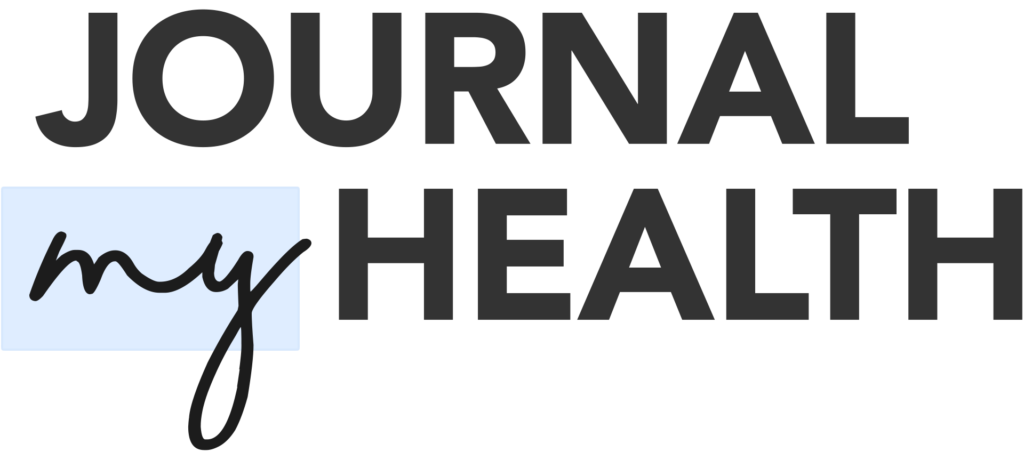I hear it all the time: “No one can figure it out,” “I am a medical mystery,” or “I just wish I knew what was wrong.”
Dealing with unexplained symptoms or hard-to-control conditions can be frustrating for patients AND doctors. Sometimes, even the most empathetic doctors can feel helpless in the face of suffering that is hard to understand or fix.
Most of us went into medicine with the best of intentions—wanting to understand how the amazing human body works and then use that knowledge to help people. The best of us still try to hold those intentions in the forefront of our minds.
But where the rubber hits the road, it can be difficult. We are people: we can be exhausted by heavy patient loads, we have limited emotional reserves, we are occasionally abused by demanding patients, we are pushed by our healthcare systems to do more and more, and we never have enough time. Patients feel the burn of our stressors, especially when they have a lot that they need figured out.
And patients with difficult to understand conditions can require a LOT of time, thought, and emotional energy on the doctor’s part.
What is a patient to do? Other than find the most caring and smart provider that they can?
They can journal.

Patients have been instinctively journaling their symptoms forever — every doctor occasionally sees someone a binder, or a calendar, or a spiral bound notebook, in which they have recorded episodes, interventions and other pieces of information about their lives which they deem relevant. In fact, A national telephone survey conducted by the Pew Research Center’s Internet & American Life Project finds that 69% of U.S. adults keep track of at least one health indicator such as weight, diet, exercise, or symptoms.
Sometimes these journals even help the patients to gain insight into trends or triggers that they can present to their provider. In the best situations, these patient-generated records can be invaluable in helping solve medical mysteries. And even when full explanations remain elusive, journaling improves communication, saves time, and increases both patient and doctor satisfaction after an encounter.
But don’t take my word for it. A paper published in the American Academy of Family Practice agrees that keeping a symptom diary can result in many benefits, including:
- Increased patient engagement and control. Keeping a symptom diary gives the patient a sense of control and direct involvement in the treatment plan. For some patients, the process of writing out their symptoms, experience, and emotions provides a therapeutic behavioral benefit as well.
- Time savings. The amount of time it takes a physician to review a one-page diary is substantially less than the time it takes to verbally interview a patient for the information.
- Focused information gathering. A diary can organize the patient’s history for more meaningful clinical interpretation.
- Trigger identification. A diary can help the physician identify nuances of symptoms within a disease process and can directly lead to activity modification and lifestyle changes that optimize overall function.
- Visual assessment. Visual learners can quickly scan the document and digest the information.
- Cost savings. Symptom diaries can create a more thorough history, which has the potential to limit unnecessary laboratory and radiographic testing.
A symptom diary can allow more focus on the patient by obtaining critical aspects in a presentable, concise format. Reviewing the diary directly with the patient validates his or her complaints, demonstrates caring and trust, and provides an excellent foundation for setting reasonable expectations. This, in and of itself, enhances the therapeutic relationship.
According to the Pew survey, among those who do choose to track their symptoms:
- 46% say that this activity has changed their overall approach to maintaining their health or the health of someone for whom they provide care.
- 40% say it has led them to ask a doctor new questions or to get a second opinion from another doctor.
- 34% say it has affected a decision about how to treat an illness or condition.
In all, 63% of trackers agree with at least one of those statements of impact.
In the end, improved communication, time and cost efficiency, and better outcomes is what doctors and patients both want. If you have an unexplained or hard-to-manage symptom, a health journal is a simple, effective clinical tool to help with your journey.

Written by Dr. Marta Becker, Chief Medical Officer here at Journal My Health.
Want to leverage Journal My Health for your patients? Reach out to us.


